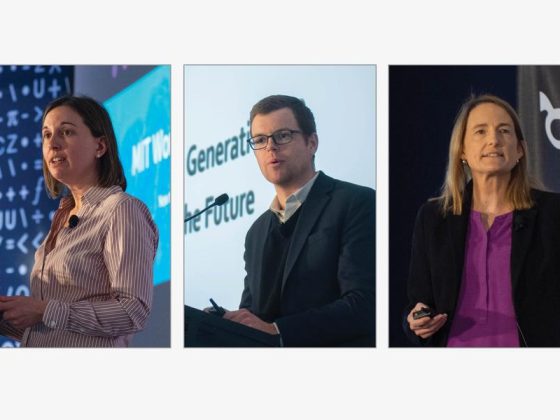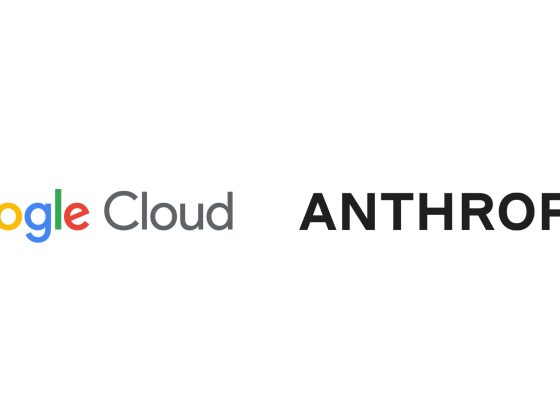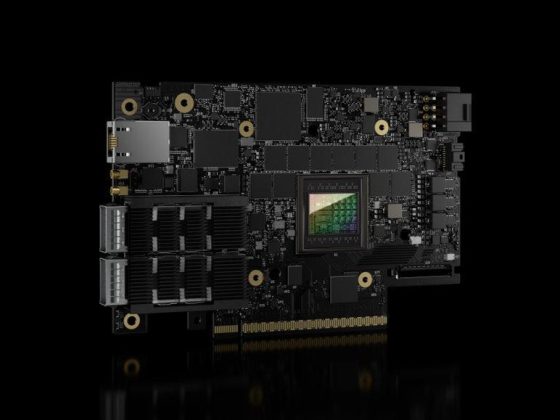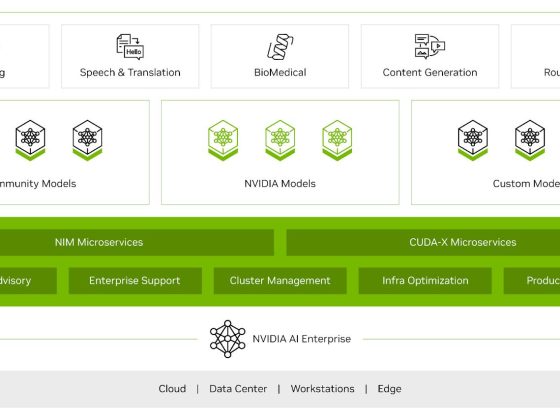Artificial intelligence (AI) greatly changed the way businesses operate. With hiring processes, workplaces, and even decisions optimized or automated, the technology has been great for corporate entities.
On the flip side, we hear in the news issues such as data breaches, unemployment, and security risks. You are then left wondering whether AI can benefit more than just businesses.
From our partners:
In their recent article, McKinsey says this is possible — only if leaders will embrace technological social responsibility (TSR) as an imperative in businesses.
What is TSR?
McKinsey defines TSR as, “a conscious alignment between short- and medium-term business goals and longer-term societal ones.”
They also stated that this involves the alignment of business and social interest along two axes: innovation focus and active transition management.

In this diagram, we see that focusing only on one area could adversely affect the growth of the company or well-being of the workforce.
Therefore, both of these factors must be given attention: there should be a proactive technology transition management paired with a culture of innovation.
Actionable steps
McKinsey also specified three priorities to promote the integration of TSR in corporations:
- Business leaders should understand that proactive technology transition management is a win-win situation for them. It will not only equip employees to be competent in handling AI tech. It will also serve beneficial to them from a financial standpoint, since the full potential of AI technologies are reached.
- Digital reinvention plans should have a strong workforce-management strategy to go with it. Training, retraining, and nurturing employees will ensure that the dynamic between them and the new AI technology is well-established. This will let companies reap double the benefits — a productive workforce and high-end innovations to complement the latter.
- They should embrace farsighted partnerships for social good. An example would be partnering with the education sector to shape curricula so that the future workforce will fit the skill sets they require for digital roles. This will accelerate the search for talent. Investing on R&D and innovation will also serve both tech companies and the society well.
With all the things that it could bring to the table, we see that the need for establishing TSR as an imperative is only becoming more important as all these innovations in the AI industry are pouring down on us.
For enquiries, product placements, sponsorships, and collaborations, connect with us at [email protected]. We'd love to hear from you!
Our humans need coffee too! Your support is highly appreciated, thank you!








